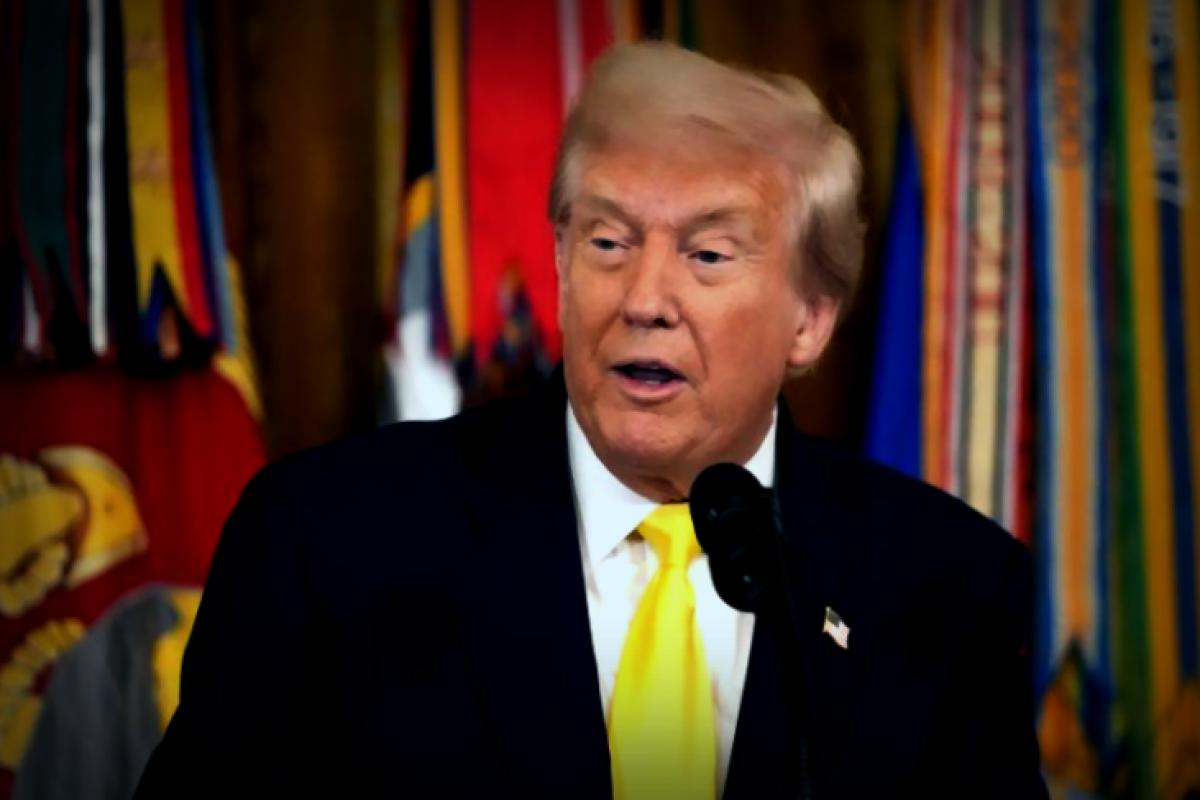Recently, President Trump signed an executive order that shifts the control of billions of dollars worth of federal grants into the hands of political appointees.
This move is causing quite a stir in the scientific community, with many experts arguing it could severely damage the integrity of the United States’ research and development landscape.
Issued on Thursday, the order mandates that all federal agencies, such as FEMA, the National Science Foundation, and the National Institutes of Health, designate officials to scrutinize federal funding opportunities. The goal? To ensure that these funds align with the agency’s priorities and national interests.
Perhaps more concerning, the order allows agencies to cancel existing and future grants at any moment, even if they are already underway.
Importantly, agencies are prohibited from announcing new funding opportunities until these new directives are established.
The Trump administration argues that these updates aim to enhance oversight and streamline the grant-making process. However, scientists believe that handing over the control of research funding to politically appointed officials—who may not have the necessary expertise—could cripple America’s scientific advancement.
This sentiment is echoed by Joseph Bak-Coleman, a researcher from the University of Washington, who stated, “We are witnessing a shift from a politically neutral funding mechanism for science to one controlled by political interests.”
Critics, including the Association of American Medical Colleges, warn that these changes will frustrate grant review processes and delay crucial medical advancements needed for patients across the nation.
The administration has previously halted thousands of research grants overseen by organizations like the NSF and NIH, particularly focusing on areas like transgender health, vaccine hesitancy, misinformation, and issues related to diversity and inclusion. Additionally, this move appears to target funding for prominent universities, igniting further contention.
This executive order might also impact emergency relief grants managed by FEMA, safety initiatives funded by the Department of Justice, and public health programs supported by the CDC.
Legal experts anticipate that the order could face judicial challenges in the near future.
Ramakrishnan writes for the Associated Press.
This article first appeared in Los Angeles Times.


















